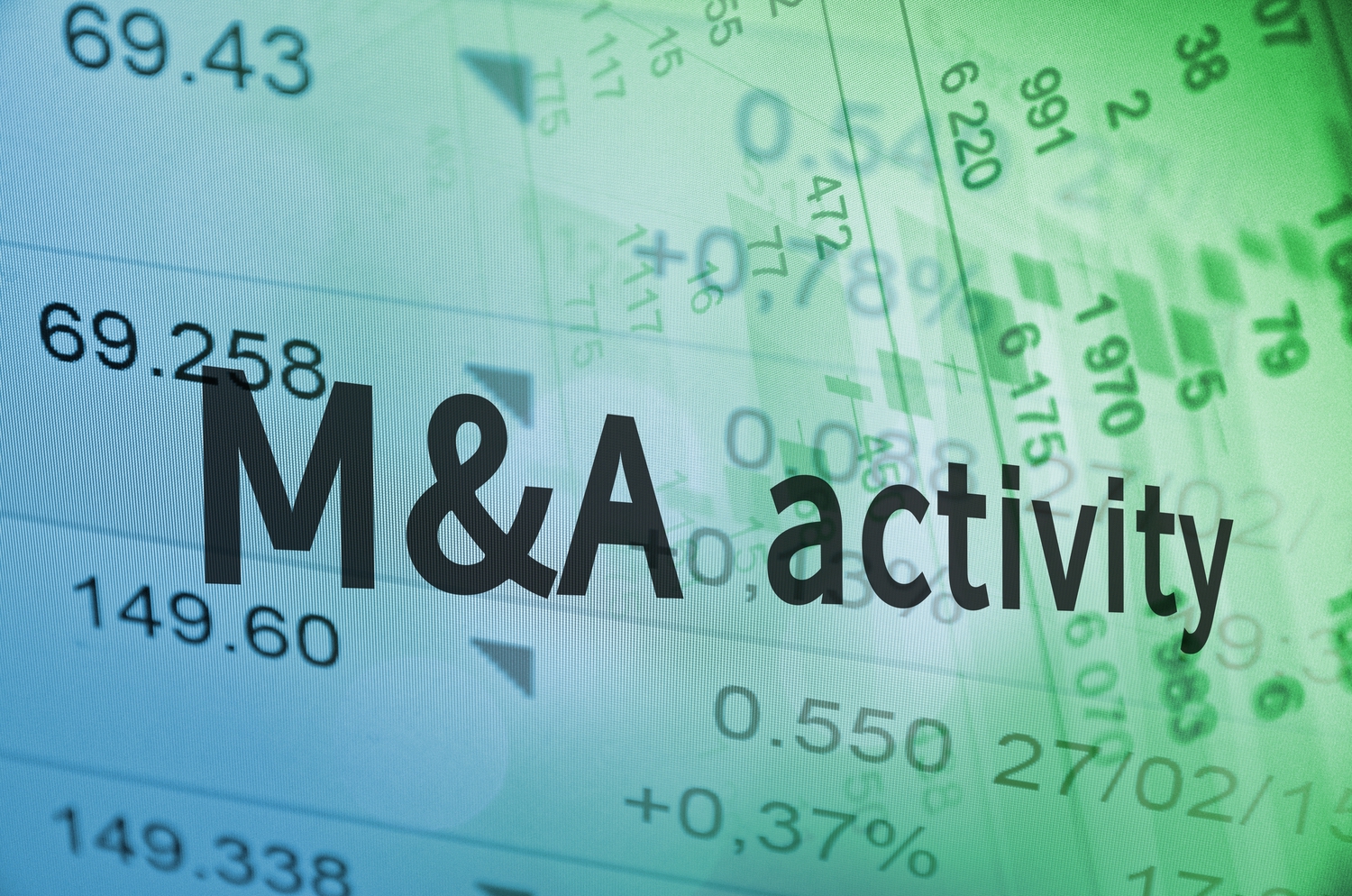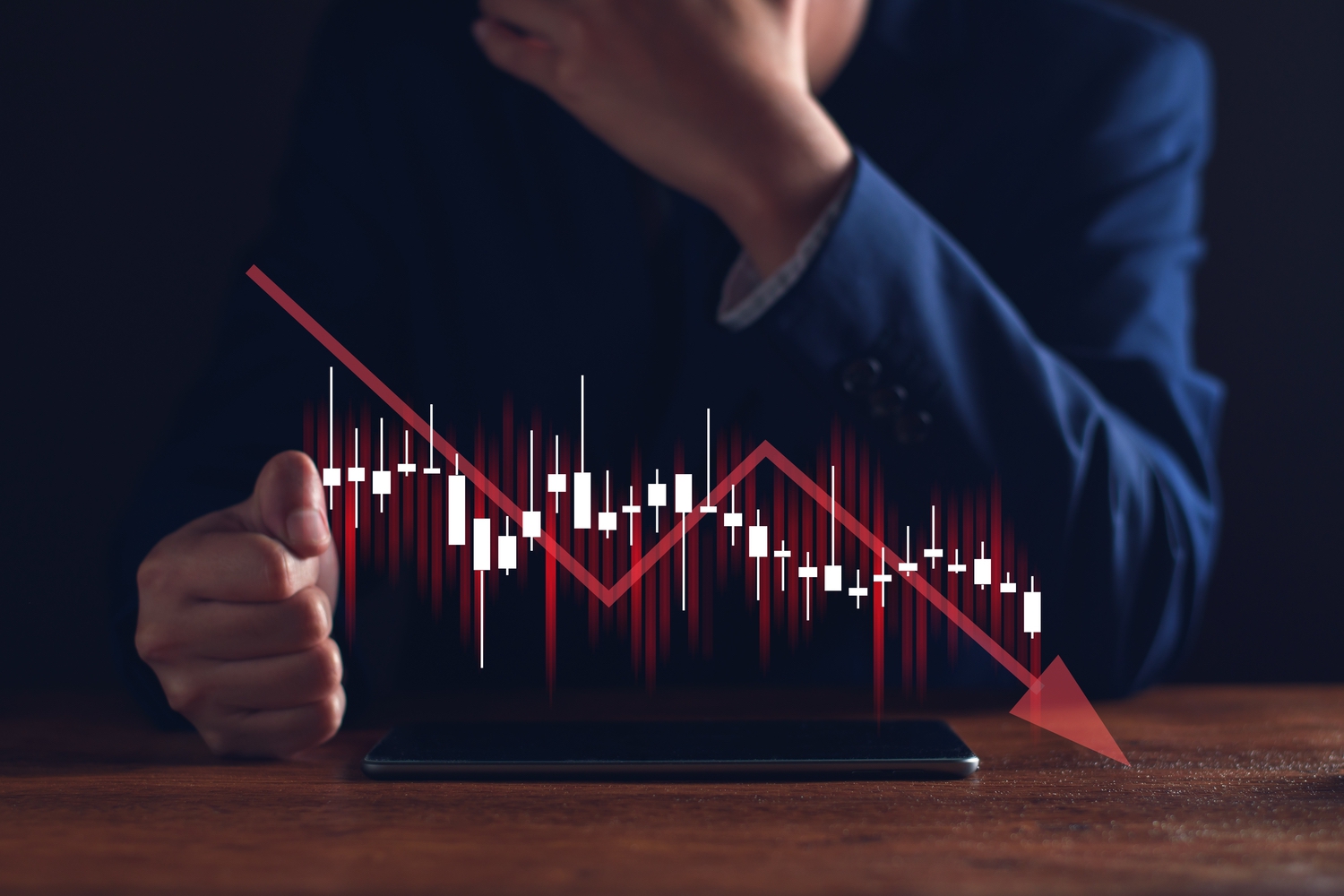

In one year, the total volume of global M&A activity fell by 28%. The market is at its lowest level for ten years. The experts at AURIS Finance, a mergers and acquisitions consultancy, take a closer look.
The days of the “crazy year for M&A” are over. According to Refinitiv, the total value of M&A transactions completed worldwide between January 2023 and September 2023 was $1,975 billion, the lowest level in a decade. By comparison, in 2021 – a year of post-covid recovery – the total value of deals reached $5,800 billion. This decline can be explained in particular by the absence of major transactions: in the space of a year, almost half of all deals worth more than ten billion dollars worldwide have disappeared. All economic centres are now affected by a decrease in transaction volume. Over the same period, the decline in France was 26%, while the number of transactions in Europe fell by 45%.
Rising interest rates
There are many reasons for this slump. Against a backdrop of macroeconomic uncertainty, punctuated by major geopolitical risks, investors are taking a wait-and-see approach. They now have to contend with a high interest rate environment that is pushing up the cost of debt. By raising their key interest rates, the European and US central banks have ended a decade of loose monetary policy. Faced with a shortage of liquidity, investors are limiting their exposure. This is particularly the case for funds that have a history of high leverage in their acquisition financing.
Strong positioning for the corporate sector
Some industries that are countercyclical are holding up well. This is the case, for example, with the defence sector. This summer, Thales paid $1.1 billion-, or 17-times EBITDA, for Cobham Aerospace Communications (CAC), a business specialised in communication systems between commercial and military aircraft cockpits and the ground. Thales acquired CAC from the private equity fund Advent. In the absence of sufficient liquidity, investment funds are losing ground to corporate investors who are less reliant on debt. As a result, large groups are stepping up their acquisitions, particularly abroad, while funds are now looking to sell their assets on the best possible terms.
Taking on debt to sell better
French start-ups have long been able to withstand this downturn in funding. But this is no longer the case. According to a report by French Tech Finance Partners, in the first six months of 2023, French start-ups raised half as much money as in the first half of 2022. Unable to sell their businesses, companies are turning to debt. In the summer of 2023, French broker Premium borrowed €400 million from the US fund Blackstone. This substantial debt take on was accompanied by a change in management. The aim was to develop the business in anticipation of more favourable conditions for a sale.
Our experts at your side
In a buyer’s market, companies looking to sell are paying close attention to their sales pitch. Today, they need to demonstrate the sustainability of their business in a deteriorating macroeconomic environment. AURIS Finance’s sector specialists can help you find buyers and financing. Their expert advice will assist you in redefining your short- and medium-term growth strategy.


